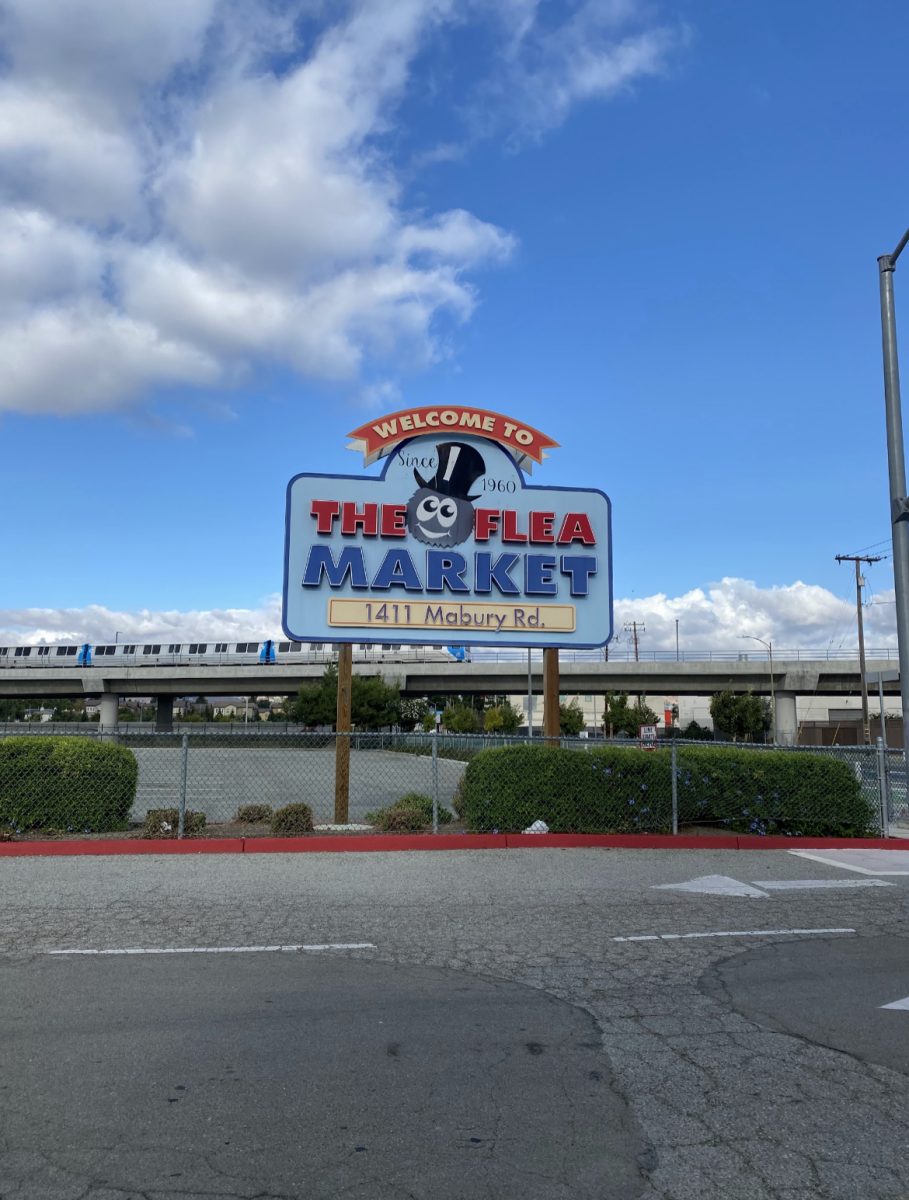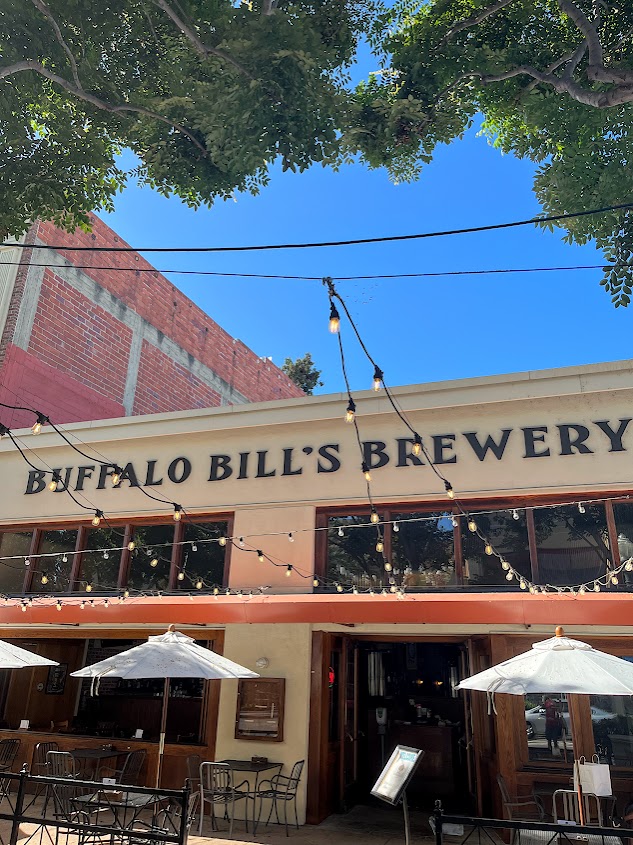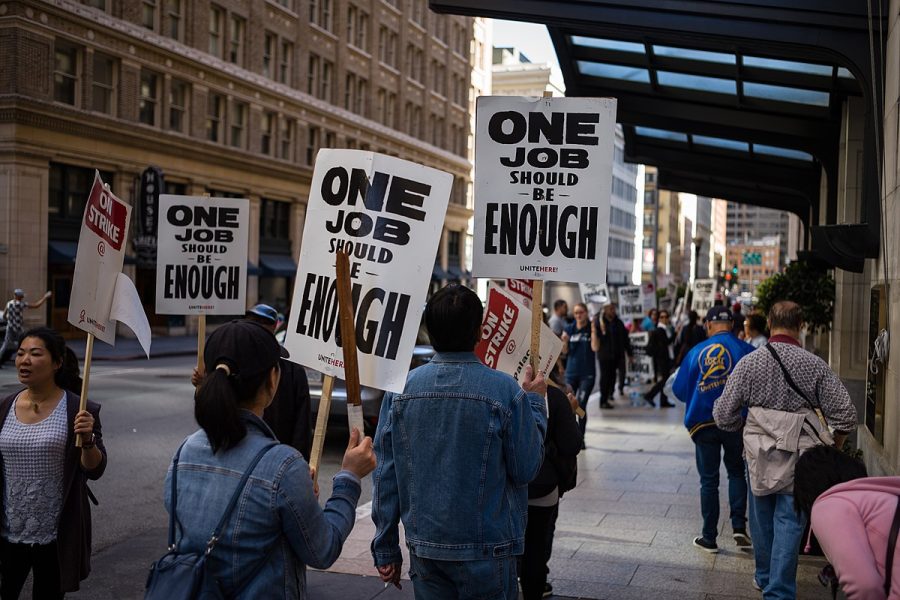
Internet Service Providers (ISP) in the United States announced they reached an agreement with major businesses in the music and movie industry July 7 to fight online copyright infringement.
AT&T, Verizon and Comcast are among those ISPs who agreed to use a brand new software system called Copyright Alerts.
Copyright Alerts sends an alert to a user when the ISP detects content that may have been stolen and is on the user’s system.
The ISPs agreed to implement a six step notification system, beginning with simple e-mail contact at the first step to notify a user of activity involving the illegal acquisition of copyrighted material—including television shows, films and music.
The sixth step occurs after six incidents and corresponding attempts to reach the user—which can result in slower Internet speeds or a user’s browser redirecting temporarily to a warning page until the user contacts the ISP directly.
The organization responsible, the Center for Copyright Information (CCI), believes that most users will never have to be notified the full six times.
“Data suggest that, once informed about the alleged content theft and its possible consequences, most Internet subscribers will quickly take steps to ensure that the theft doesn’t happen again,” stated the CCI in their announcement.
The agreement that was reached could be implemented this year according to the outline the CCI announced.
The CCI also mentioned in the announcement that any user who wishes to dispute a notification’s validity will be able to do so through an independent review board for a fee of $35.
The details of this arrangement have left confusion and worry over the process, however.
The CCI did not provide details on who would form the independent review board or provide explanation as to the purpose of the fee or who would collect it.
Public Knowledge, one of many Internet rights groups who responded to the announcement with releases of their own, argued that the independent review boards would effectively circumvent the legal process.
Worries abound that the CCI and industry organizations will push for even more restrictions and punishments should the policy go into affect.
The announcement itself serves as a form of validation of this fear, given the manner in which the previous agreement brokered by the CCI was the starting point for this push.
The CCI brokered an earlier agreement to inform users that pirating activity was detected on their network, without any warnings or actions being taken directly against the user.
Another criticism is the manner in which the program functions, as it primarily scans for bit torrent files.
This leaves a multitude of pirating techniques being used to acquire movies, television shows, video games and music outside the boundaries of the system’s detection capabilities.
The agreement is only the latest in a series of decisions and announcements that have been made in attempts to curb pirating.
On May 26 the Senate Judiciary Committee approved a bill that would target websites that sell or distribute illegally obtained works, dubbed “rogue” websites.
A measure in that proposal would give the U.S. Attorney General the authority to pursue court orders to force ISPs to shut down access to infringing websites.










